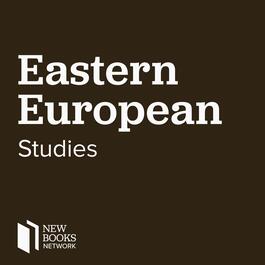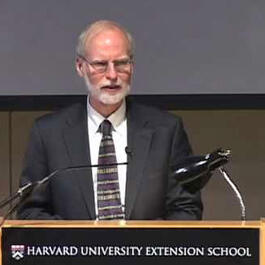
New Books in Eastern European Studies
This podcast is a channel on the New Books Network. The New Books Network is an academic audio library dedicated to public education. In each episode you will hear scholars discuss their recently published research with another expert in their field. Discover our 150+ channels and browse our 28,000+ episodes on our website: newbooksnetwork.com Subscribe to our free weekly Substack newsletter to get informative, engaging content straight to your inbox: https://newbooksnetwork.substack.com/ Follow us on Instagram and Bluesky to learn about more our latest interviews: @newbooksnetwork Support our show by becoming a premium member! https://newbooksnetwork.supportingcast.fm/eastern-european-studies
Show episodes

Maja Davidović, "Governing the Past: 'Never Again' and the Transitional Justice Project" (Cambridge UP, 2025)
The way we govern the past to ensure peaceful futures keeps conflict anxieties alive. In pursuit of its own survival, permanence and legitimacy, the project of transitional justice, designed to put the 'Never Again' promise into practice, makes communities that ought to benefit from it anxious about potential repetitio

Jacob Daniels, "The Jews of Edirne: The End of Ottoman Europe and the Arrival of Borders" (Stanford UP, 2025)
At the turn of the twentieth century, the city of Edirne was a bustling center linking Istanbul to Ottoman Europe. It was also the capital of Edirne Province—among the most religiously diverse regions of the Ottoman Empire. But by 1923, the city had become a Turkish border town, and the province had lost much of its no
The imposition of Communist ideology was a misfortune for millions in Eastern Europe, but never for Dennis Deletant. Instead, it drew him to Romania. The renowned historian’s association with the country and its people dates back to 1965, when he first visited. Since then, Romania has made Dennis appreciate the value o

Jochen Hellbeck, "World Enemy No. 1: Nazi Germany, Soviet Russia, and the Fate of the Jews" (Penguin Group, 2025)
In the West, World War II is commonly understood as the Allies’ struggle against Nazism. Often elided, if not simply forgotten, is the Soviet Union’s crucial role in that fight. With this book, acclaimed historian Jochen Hellbeck rectifies this omission by relocating the ideological core of the conflict. It was not the

Marek Kohn, "The Stories Old Towns Tell: A Journey Through Cities at the Heart of Europe" (Yale UP, 2023)
Historic quarters in cities and towns across the middle of Europe were devastated during the Second World War—some, like those of Warsaw and Frankfurt, had to be rebuilt almost completely. They are now centers of peace and civility that attract millions of tourists, but the stories they tell about places, peoples, and
Over the span of a single decade, VHS technology changed the relationship between privacy and entertainment, pried open the closed societies behind the Iron Curtain, and then sank back into oblivion. Its meteoric rise and fall encapsulated the dynamics of the '80s and foreshadowed the seismic cultural shifts to come af

